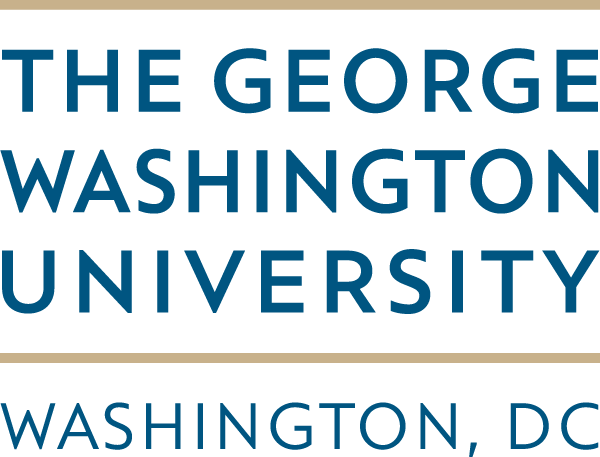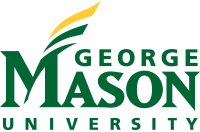How do inclusive STEM high schools differ from comprehensive high schools?
School principal reports suggested that inclusive STEM high schools (ISHSs) tend to require a quarter to half year more of science than do comprehensive schools serving similar students but are equivalent in terms of the number of years of math required for graduation. They appear to be less likely to have separate math classes for students of differing ability levels. ISHS principals also reported providing more experiences in real-world STEM settings, mentoring by STEM professionals, and independent STEM research opportunities. They also reported offering more supports for the transition to college, such as preparation for college admissions tests and help with applications. ISHS principals describing their STEM teachers as being more prepared to offer reform-oriented instruction emphasizing advanced skills and using project-based learning but not as being more likely to have a degree in the STEM area they teach. (See the Differences in Principal-Reported School Characteristics, by School Type and State Table below.)
ISHS principals report providing more experiences in real-world STEM settings, mentoring by STEM professionals, and independent STEM research opportunities. They also report offering more supports for the transition to college, STEM teachers using project-based learning and being more prepared to offer reform-oriented instruction emphasizing advanced skills such as preparation for college admissions tests and help with applications. ISHS principals describing their STEM teachers as being more prepared to offer reform-oriented instruction emphasizing advanced skills and using project-based learning but not as being more likely to have a degree in the STEM area they teach.
| School Feature | NC ISHS (n=16) |
NC Comprehensive (n=14) |
TX ISHS (n=26) |
TX Comprehensive (n=9) |
| Enrollment | 750 | 982 | 679 | 1,374* |
| Years of science required | 3.40^ | 3.07 | 4.05 | 3.78 |
| Years of math required | 4.00 | 3.93 | 4.05 | 3.78 |
| Tracked math classes | 56% | 77% | 50% | 75% |
| Number experiences in real-world STEM settings offered | 1.60 | 1.27 | 1.78 | 1.57 |
| Mentoring by STEM professionals offered | 0.90 | 0.67 | 1.00 | 1.00 |
| Independent STEM research projects available | 1.00 | 0.71 | 0.89 | 1.00 |
| Number college readiness supports offered | 2.38 | 1.86 | 2.68 | 2.44 |
* ISHS differs from comprehensive school sample at ^ p < .10 ; p < .05; ** p < .01; *** p <.001.
Reports of 12th graders from ISHSs and comprehensive high schools pointed to differences in the nature of the activities in their math and science classes and in how trusting and respectful their math and science teachers were.
| School Feature | NC ISHS (n=655) |
NC Comprehensive (n=2,199) |
TX ISHS (n=1,322) |
TX Comprehensive (n=2,413) |
| Trusting/respectful math teachers | 3.01** | 2.92 | 3.06*** | 2.98 |
| Advanced skills in math class | 3.42*** | 3.16 | 3.10*** | 2.97 |
| Advanced skills in science class | 3.78*** | 3.60 | 3.41*** | 3.30 |
| STEM integrated in math class | 2.99** | 2.83 | 2.95*** | 2.71 |
| STEM integrated in science class | 3.78*** | 3.59 | 3.41*** | 3.23 |
| STEM extracurriculars participated in | 0.96*** | 0.56 | 0.73 | 0.54 |
| Real-world STEM experiences | 0.88*** | 0.56 | 0.73*** | 0.54 |
| College and career readiness supports used | 4.89*** | 3.94 | 4.96*** | 4.21 |
* ISHS differs from comprehensive school sample at p < .05; ** p < .01 ; *** p <.001.




